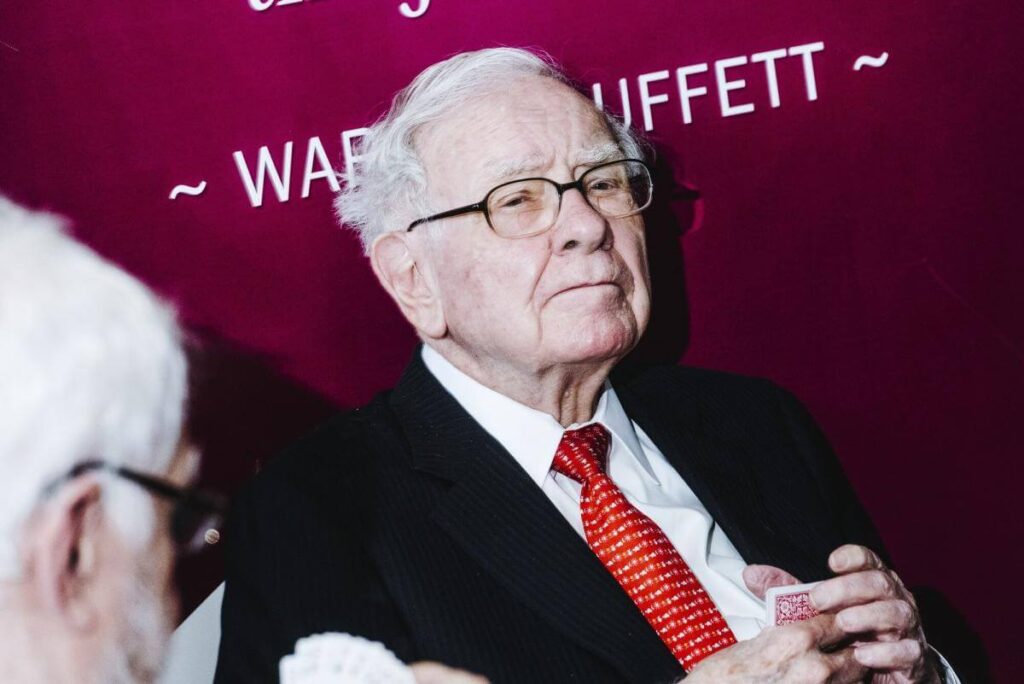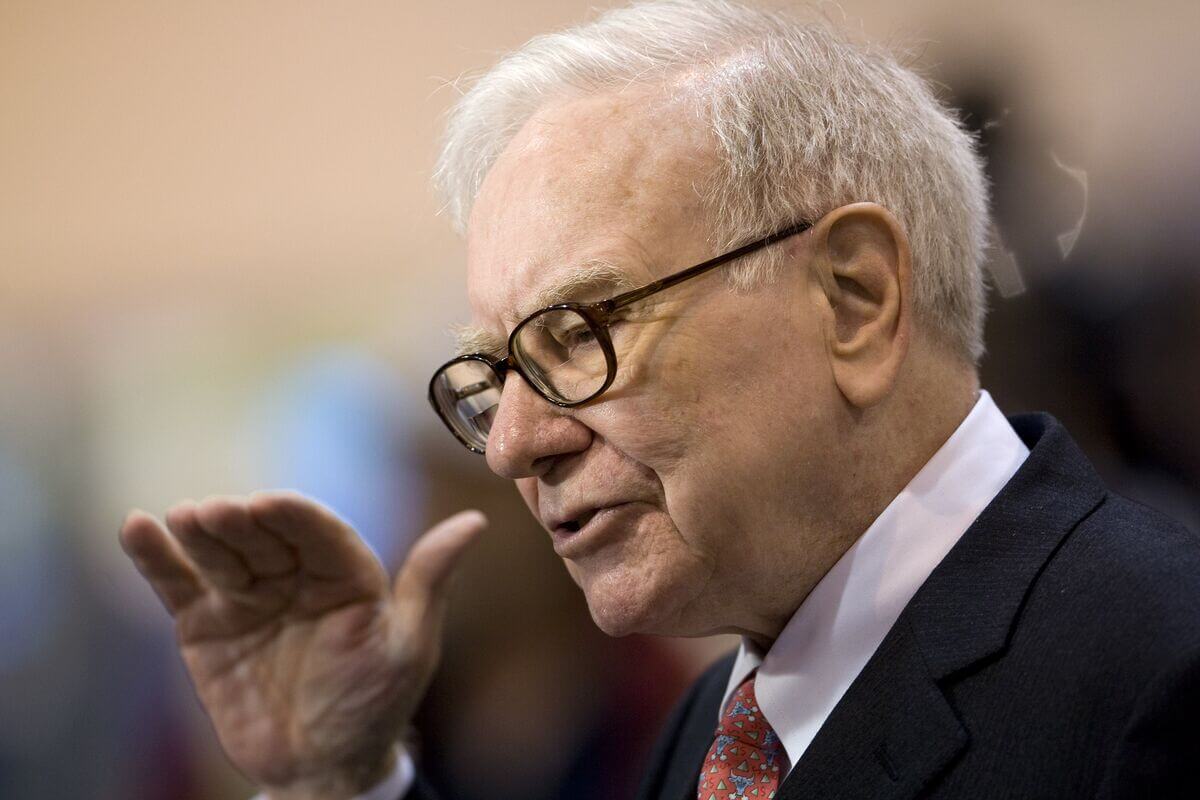Warren Buffett’s investment decisions can wield significant influence over companies, as seen in Japan’s trading firms’ experiences. While Berkshire Hathaway’s investments initially boosted these companies’ profiles, concerns about potential sell-offs have prompted strategic diversification efforts. Despite Buffett’s hands-off approach, Japanese firms are broadening their shareholder base and focusing on expanding their businesses to mitigate potential risks.
The investment decisions of Warren Buffett wield considerable influence over companies, a reality starkly evident in the experiences of Japan’s trading firms. Initially, Berkshire Hathaway’s investments in these companies elevated their international standing, attracting additional investors. However, concerns about potential sell-offs have prompted strategic responses from these firms to mitigate associated risks.

“We don’t anticipate Berkshire holding our stocks indefinitely,” remarked Yoshinori Takayama, Sumitomo Corp.’s head of investor relations. “We’re actively pursuing diversification of our shareholder base to mitigate the impact of any future sell-off.”
Navigating this challenge is no easy feat, given Berkshire’s substantial holdings in Japan’s largest trading companies. The conglomerate holds stakes ranging from 7.5% to 8.4% in Itochu Corp., Sumitomo Corp., Mitsubishi Corp., Mitsui & Co., and Marubeni Corp.
While Berkshire has not signaled any intention to divest, its investment strategy remains fluid. Buffett’s visit to Japan in April, coupled with subsequent increases in holdings in the trading firms, underscored his ongoing interest in the market. However, Berkshire’s commitment is not unconditional, as evidenced by its preference for limiting stakes to a maximum of 9.9%, subject to board approval.
Buffett’s renowned hands-off approach to management adds another layer of complexity. His implicit endorsement can sway market sentiment, as witnessed during his investment in Goldman Sachs Group Inc. during the 2008 financial crisis. Nonetheless, Berkshire’s occasional portfolio adjustments, such as trimming its Goldman Sachs holdings to finance other acquisitions, serve as a reminder of the potential for change.
The historical roots of most Japanese trading firms trace back to the late 19th century, rooted in the nation’s transition to industrialization and Western practices. Traditionally reliant on strong commodity markets for profits, these companies have diversified into sectors like food and infrastructure in recent years. Despite Buffett’s substantial investments—totaling approximately 1.3 trillion yen—Japanese trading firms continue to seek avenues for growth and resilience.
To safeguard against the impact of a potential Berkshire sell-off, Japanese firms are adopting proactive strategies. Mitsui, for instance, is emphasizing segments such as healthcare and new energy in discussions with shareholders. Mitsubishi’s recent stock split aims to attract retail investors, while Marubeni is also actively expanding its shareholder base.
Ultimately, the companies’ earnings potential serves as their best defense against market fluctuations triggered by Berkshire’s actions. Expansion beyond commodities and a focus on decarbonization, coupled with sound management practices, bolster investor confidence and resilience in the face of potential portfolio adjustments.
As the market closely watches Buffett’s moves, Japanese trading firms are steadfast in their pursuit of sustainable growth and shareholder value, recognizing that fundamentals like earnings remain paramount amidst evolving market dynamics.









